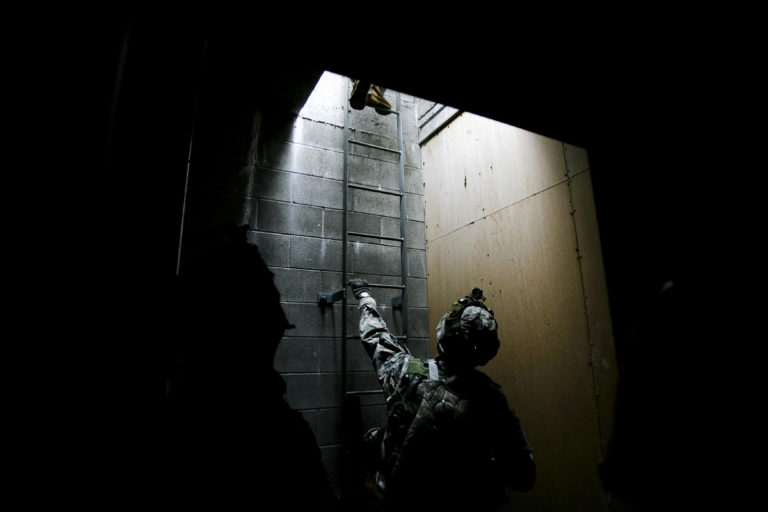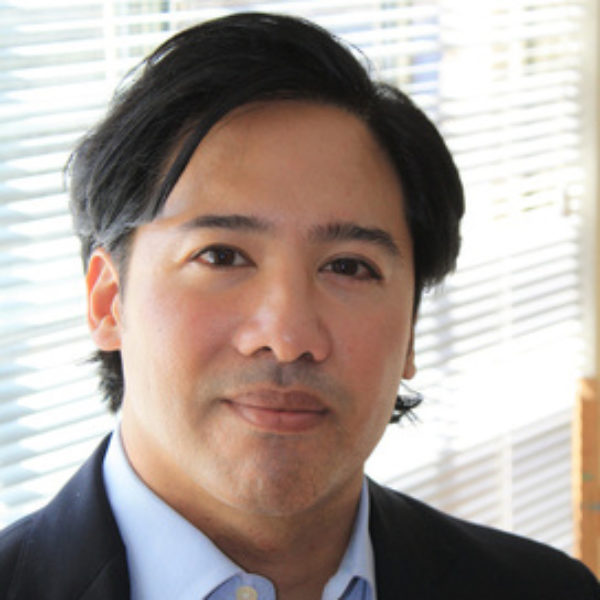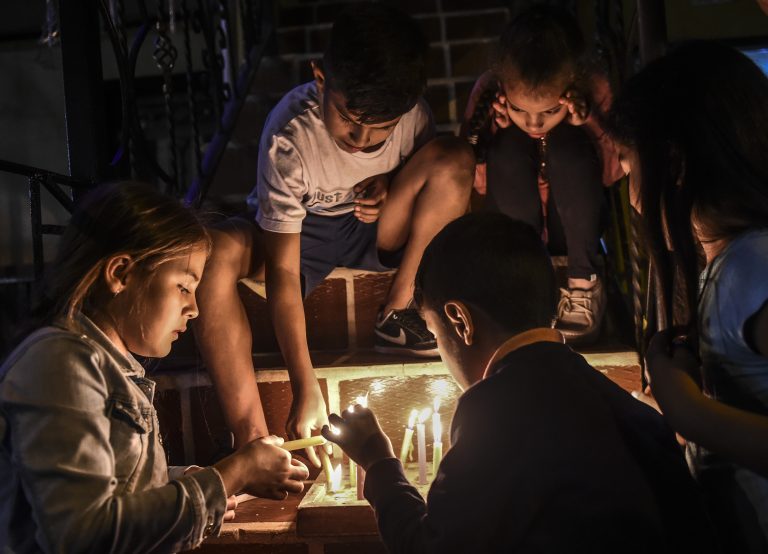
Image by U.S. Army.
The Rifle and the Robe
My vowed priory (monastery) experience gave me a gift for the rest of my life. I rejoined the military after spending 10 years on a spiritual journey going back to Yale Divinity School and then selling my Ford truck to the local Catholic Worker house for an ancient discernment pilgrimage in Spain — a pilgrimage dating back to the Crusades. My discernment deepened. I walked 300 miles in 30 days on the Camino de Santiago to discern my calling to don the white robe of the Dominican friars.
After my name was entered in that ancient book of the Dominicans during the Vestition, I learned that spirituality does not only involve reflecting on mystical things. Vestition is an ancient tradition for monks and friars that represents the surrender of an old life by donning a new life, embodied by the new habit robe.
But my contemplative life was not a glorified form of escapism. Instead, the contemplative life centered on actualizing my life with Grace to enrich my soul and the souls of others. Dominicans follow contemplation through preaching, but we find our fruits of contemplation in and out of the pulpit. In actualizing my life in deep, diverse preaching, I also wrote poetry and journals based on my changed life and world.
In this contemplative zone, I ultimately chose to leave my life as a friar, and returned to military service after the Iraq War began.
After my time in Iraq, I returned to the ancient contemplative thinking that flooded my mind in my cloister as a younger man. This was helpful with my readjustment, and, as the Dominicans taught me, I was compelled to share my gems of healing through writing. This writing was more about home than war. It inspired me to start the first veteran narrative group. From one of these groups, a poem blossomed: a three-line poem in the style of a Korean sijo, showing the complexity and union of the rifle and the robe:
Monk At War
Alone, one hot day, a boy, in full flight carries a brown package
this Iraqi boy runs to me and my trigger finger tempts me.
beyond bravado I contemplate Psalm 23 and let boy pass.

An uncommon life of monastery to war unfolded for me. I moved from a prayer stall to the seat of a Humvee combat vehicle. And yet, after I left my vows to rejoin the military, I recognized that my life had changed. I became a shaman — and not just to those returning from the war prior to my leap of unfaith into Iraq.
In Iraq, I was a regular combat troop, not in a clinic, yet I was open to the stories of other troops and provided guidance. Stories of home emerged. I was a licensed psychoanalyst, which proved invaluable during my time in Iraq. Though I was a soldier, and not even in the medical corps, I had been an informal witness to many complex accounts of war and home. In a deep, transpersonal way, I knew about the many, intimate things that would unfold for my fellow troops. And for me.
I would mediate between the important realms of war and home and try to provide healing through peer guidance. The shaman of my Korean ancestry probes problems, is a humble guide, and helps the wounded soul discern. This is healing. The shaman is like the ferryman in the Epic of Gilgamesh. I was a shaman to several Iraqis, as well, and felt obliged to provide compassion and guidance to them.
I want to keep discerning my life, and I want to keep helping others discern war. I also want those devastated by war not only to deconstruct myths, but also to discern the myths of war. How is war situated in the life that we live? This is something I learn more about every day in my job at the Vet Center. The staff and the patrons who come to heal teach me many things, in turn. They help me keep my shamanic presence for those who are still trying to find home.

